In the late 19th and early 20th centuries, amidst the restrictive confines of corsets and the clatter of carriages, a silent revolution unfolded: the bicycle.
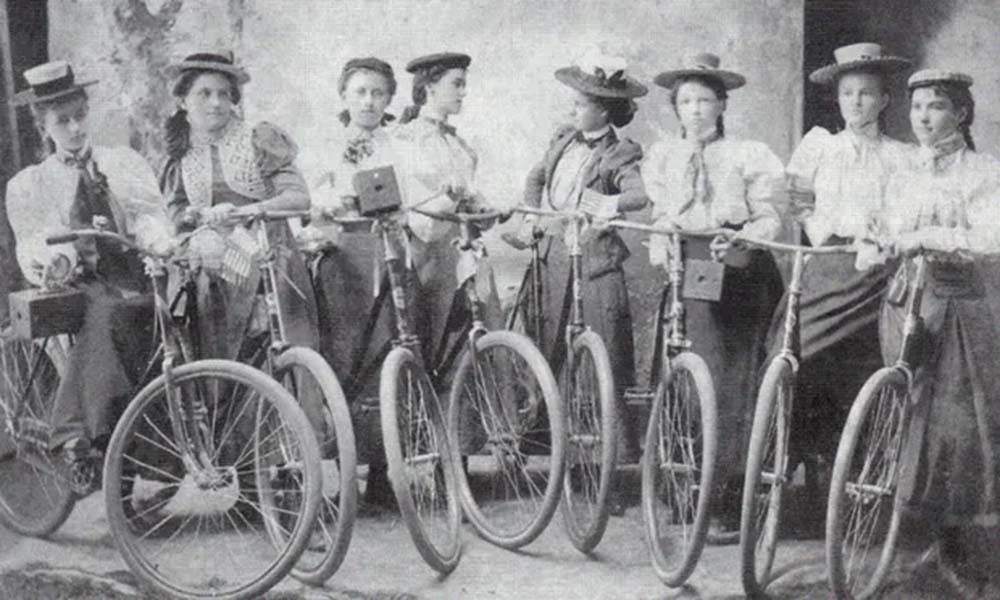
Emerging as more than just a mode of transportation, it became a symbol of freedom and fashion, challenging societal norms and empowering individuals across the globe.
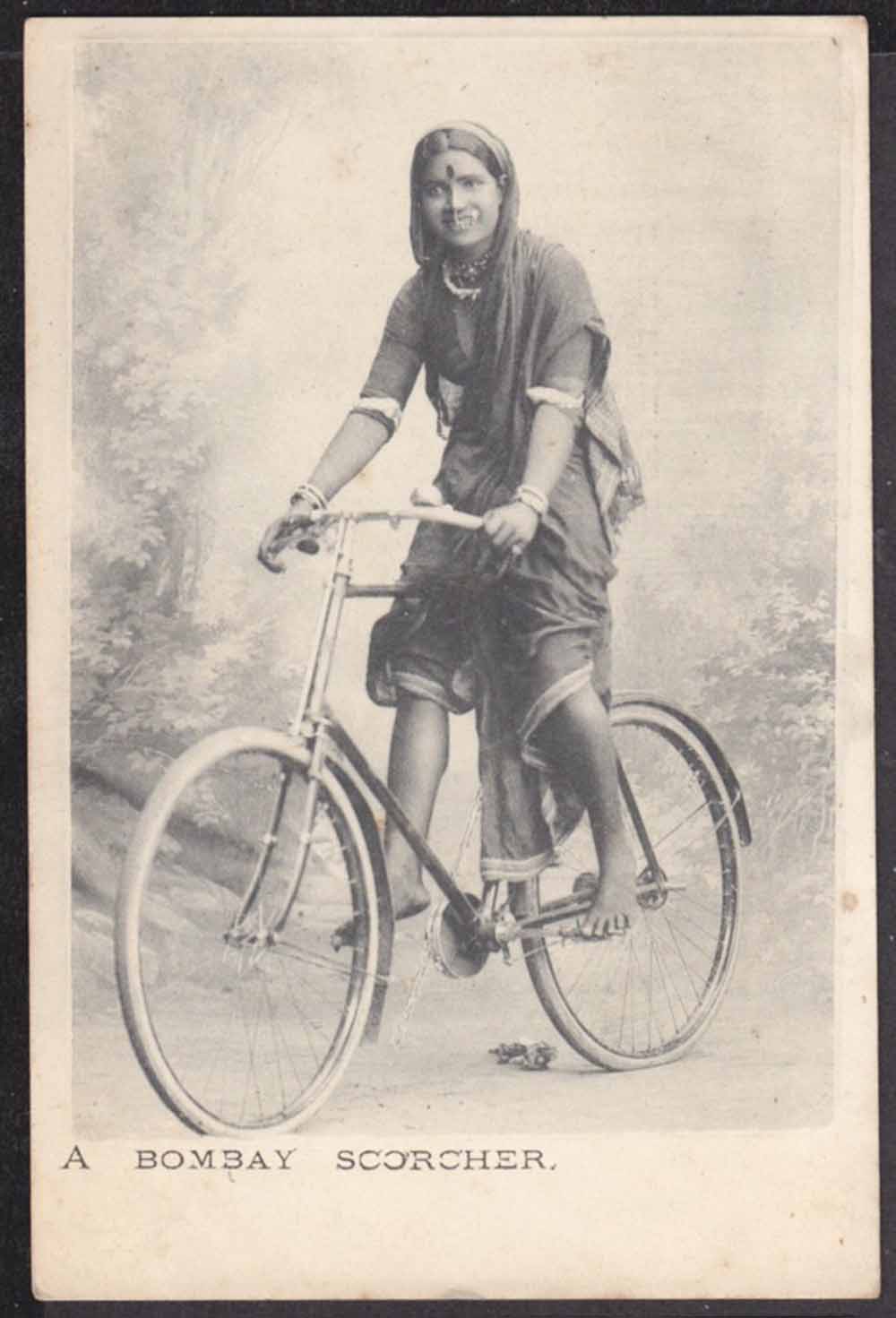
In India, where traditions ran deep and gender roles were rigidly defined, the bicycle played a pivotal role in reshaping the narrative of women's empowerment. From the bustling streets of Calcutta to the vibrant lanes of Bombay, the bicycle became a catalyst for change, defying prejudices and propelling progress forward.
The Emergence of Cycling in India
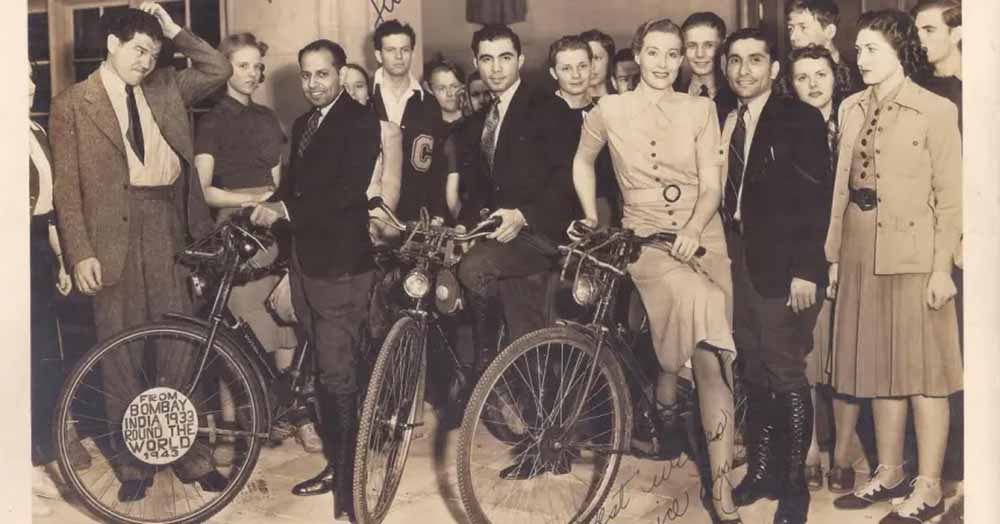

At the turn of the 20th century, European missionaries and British officials introduced cycling to India, igniting a cultural shift that would reverberate across the nation.
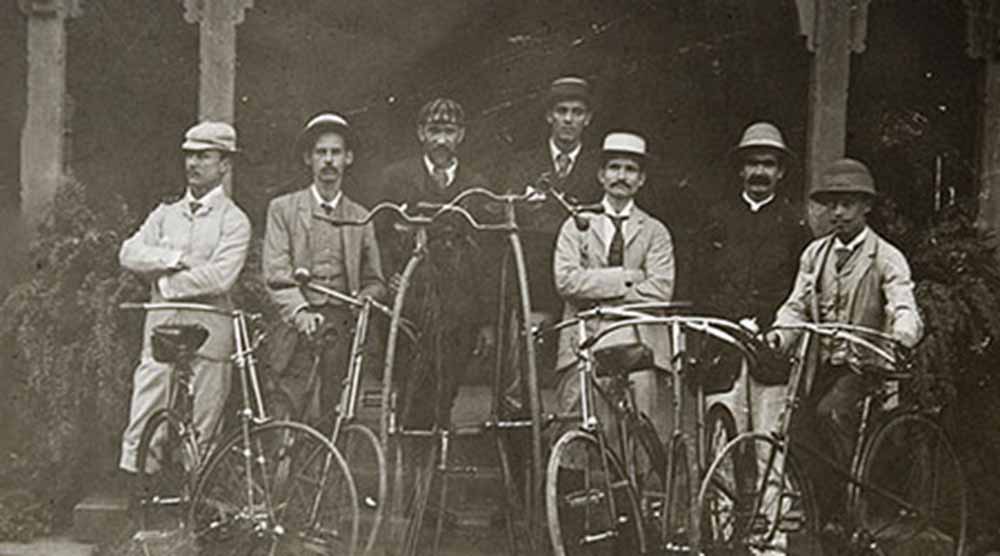
In cities like Calcutta and Bombay, the bicycle quickly gained popularity, embraced by Parsis and affluent Bengalis alike for both leisure and practicality. However, despite its growing prominence, societal prejudices cast a shadow over the bicycle's potential as a tool for women's empowerment. Indian women faced formidable barriers to participation, confined by societal expectations and cultural norms that deemed cycling unfit for their gender.
Breaking Barriers: The Rise of Female Cyclists
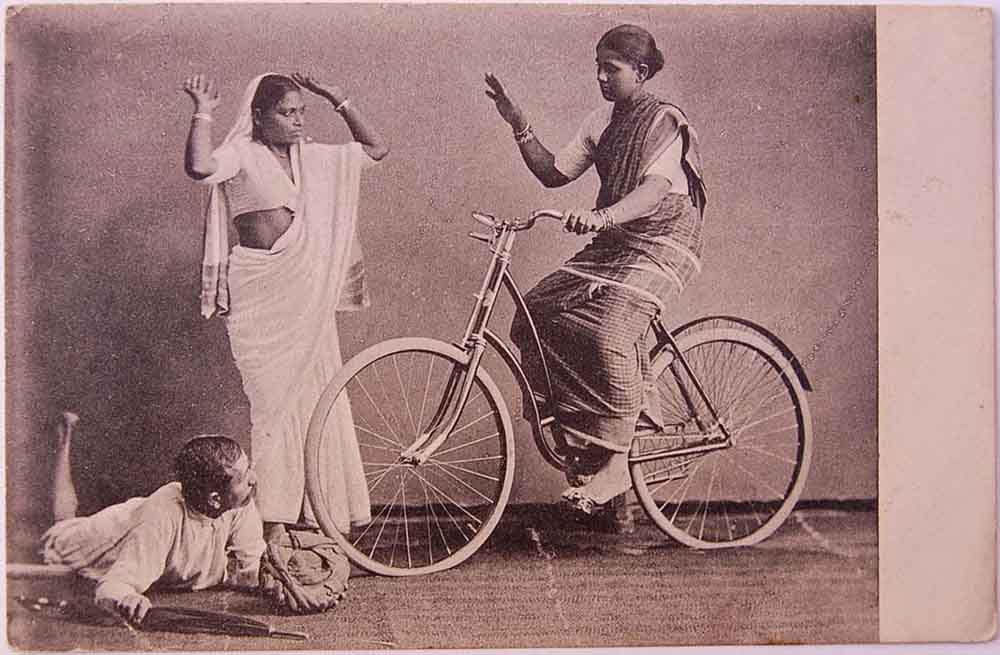
Despite these challenges, women refused to be confined to the sidelines. In the 1970s and 1980s, cities like Bombay and Pune witnessed a remarkable resurgence of female cyclists, fuelled by a newfound determination to defy societal norms and reclaim their autonomy.
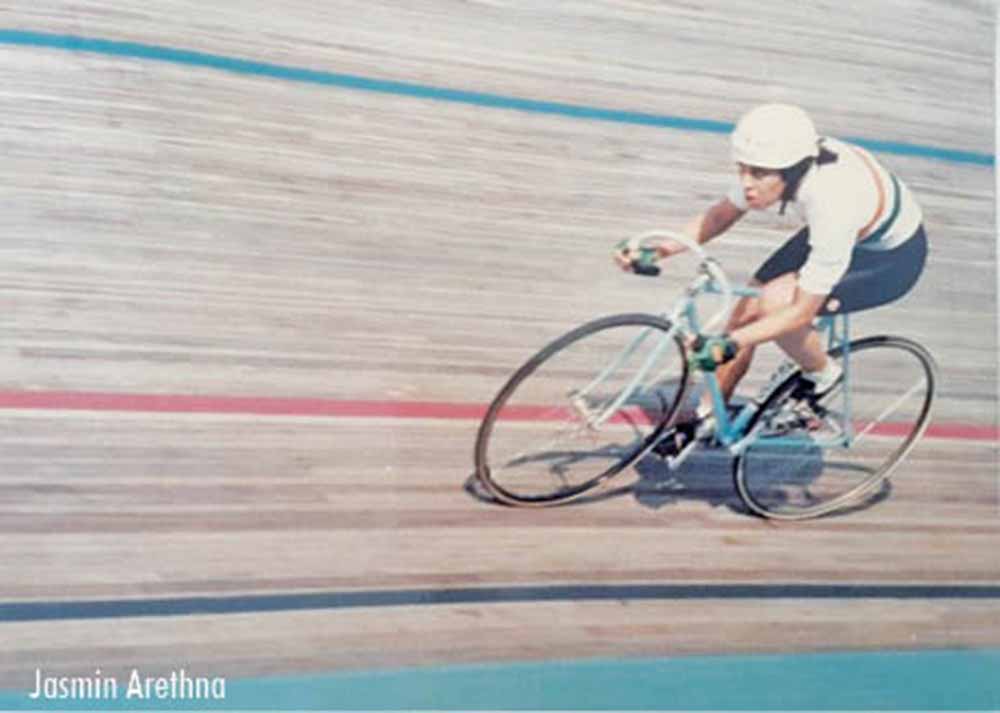
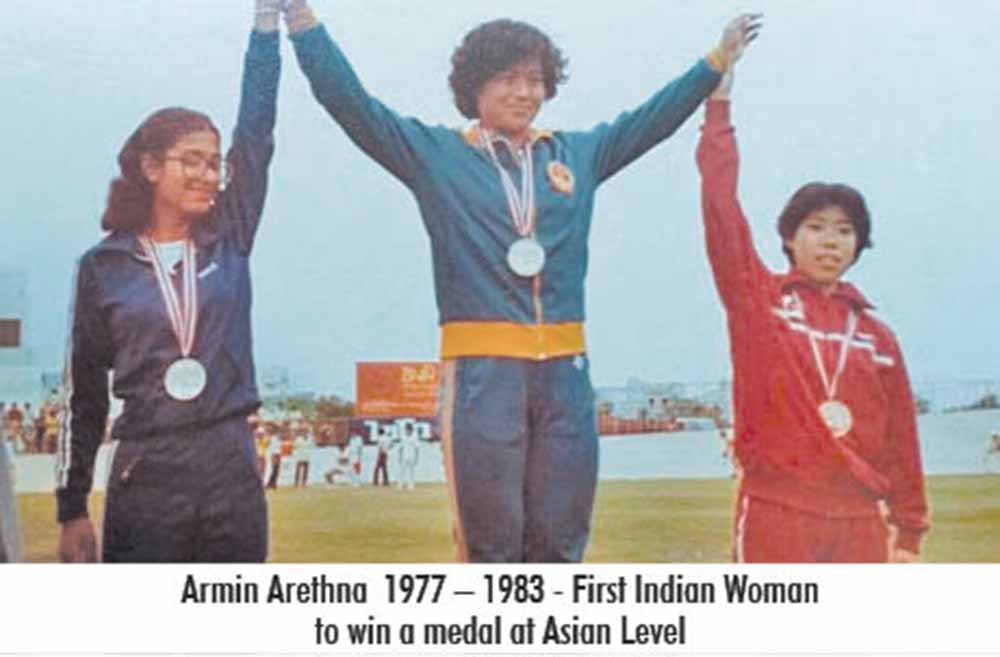
Among them were Parsi women and national champions like Jasmin and Armin Arethna, whose unwavering passion and dedication inspired a generation of women to take to the streets on two wheels.
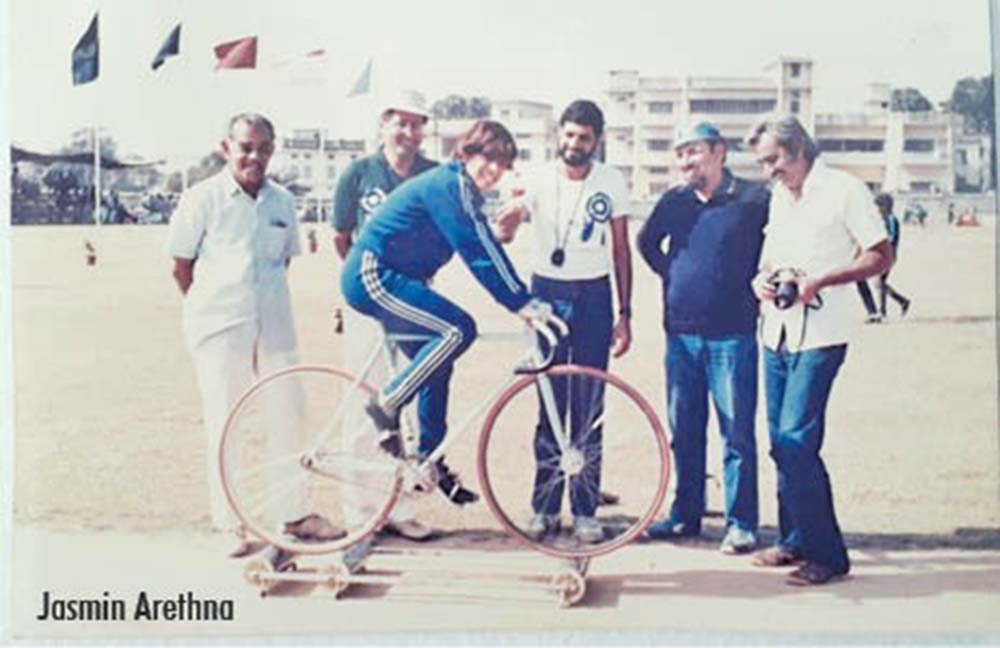
Their resilience and tenacity paved the way for a new era of female cyclists, challenging stereotypes and paving the way for gender equality on India's roads.
In a stroke of marketing genius, Indian companies, spearheaded by Atlas Cycles, seized the moment, showcasing saree-clad women confidently pedalling through 1970s advertisements.
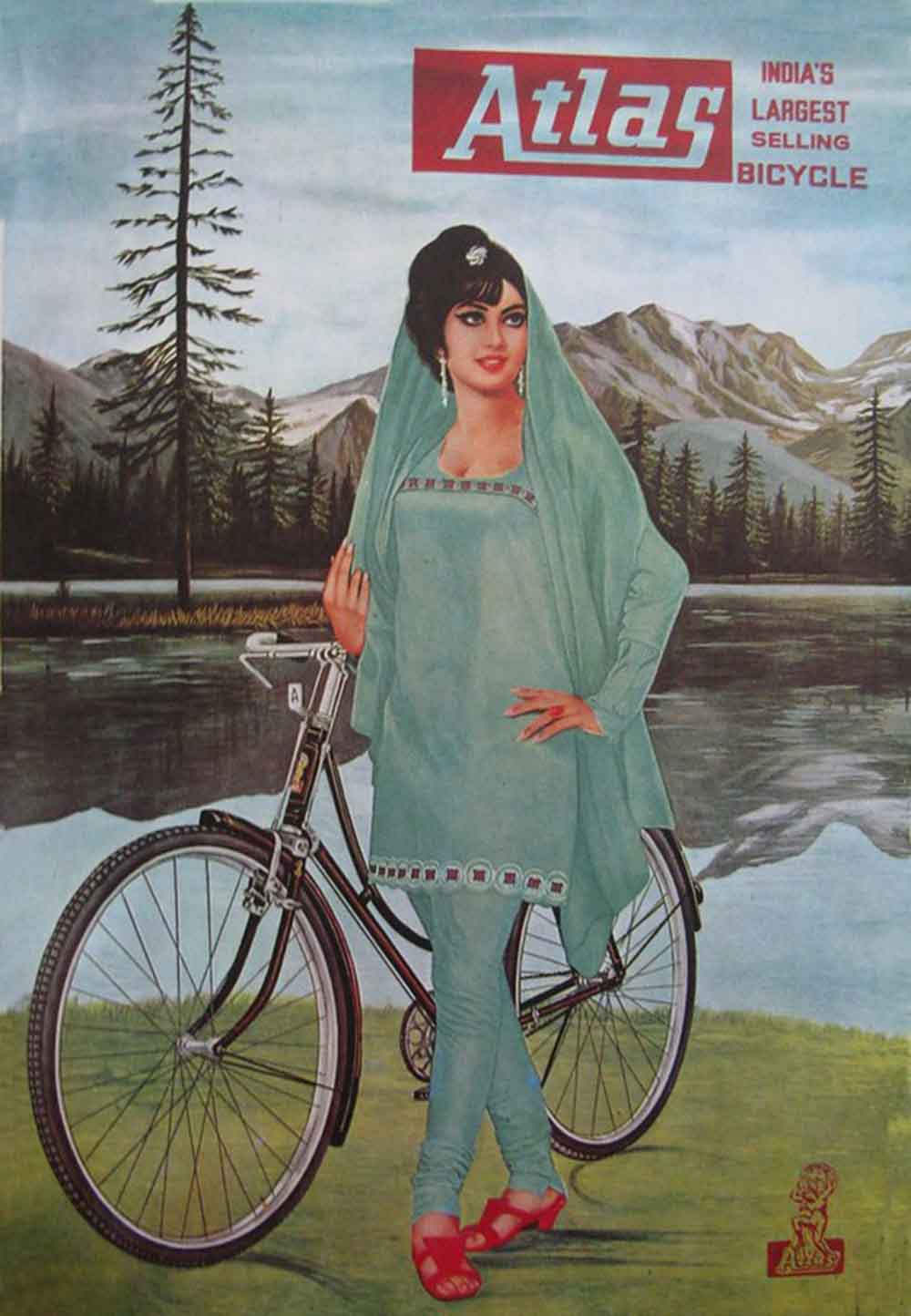
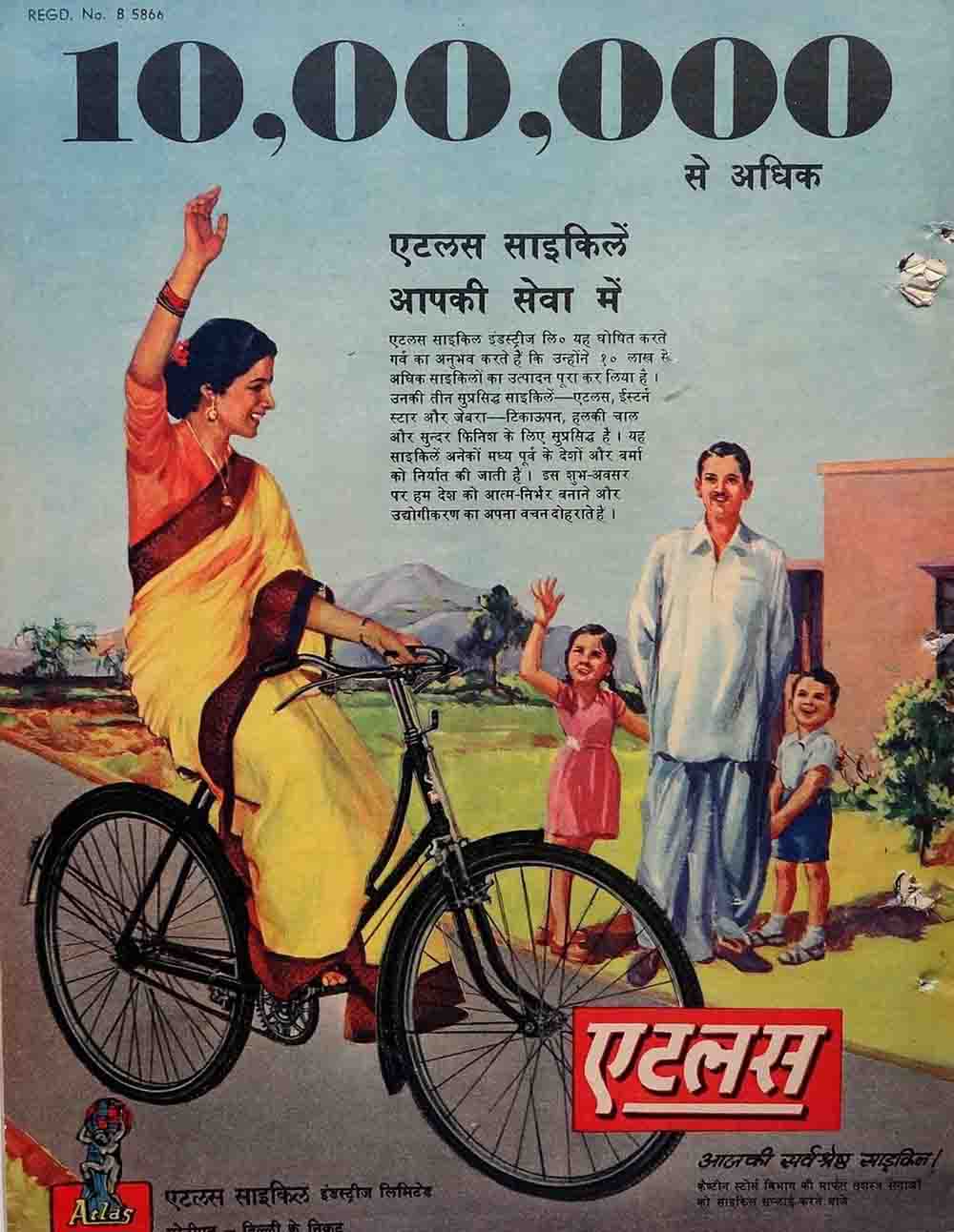
Atlas's portrayal of Indian women in sarees embracing cycling symbolized a harmonious blend of tradition and modernity.
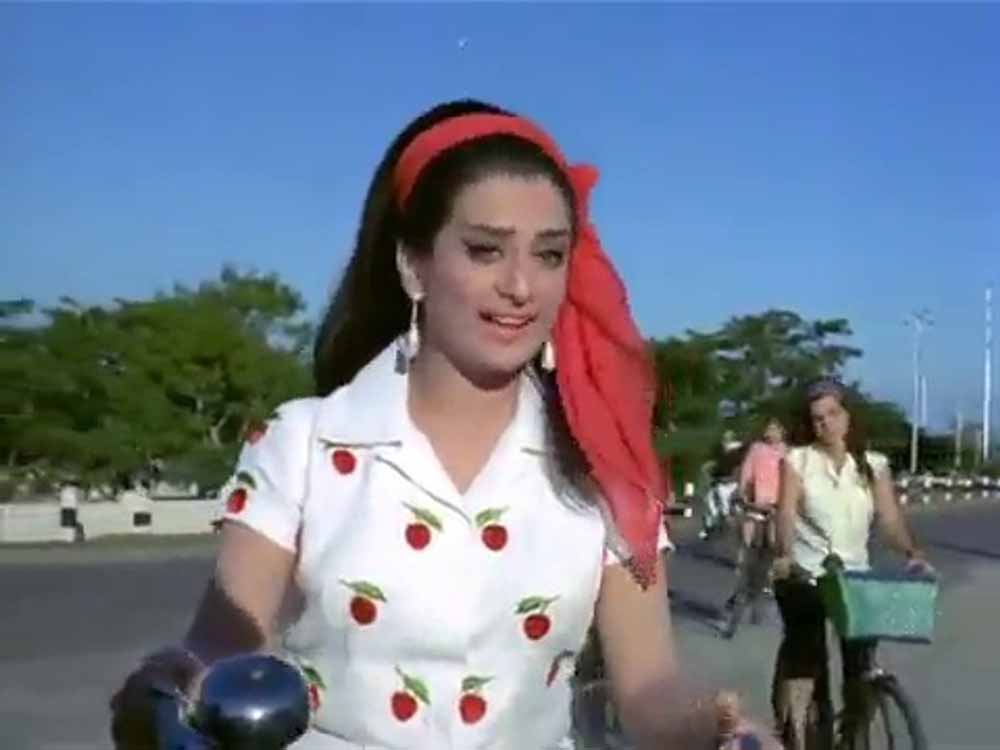
The iconic imagery of women joyously cycling in fashionable attire found immortalisation in the Hindi song "Main Chali, Main Chali," immortalised by Saira Banu's performance in the 1968 film "Padosan."
The Bicycle as a Tool for Empowerment
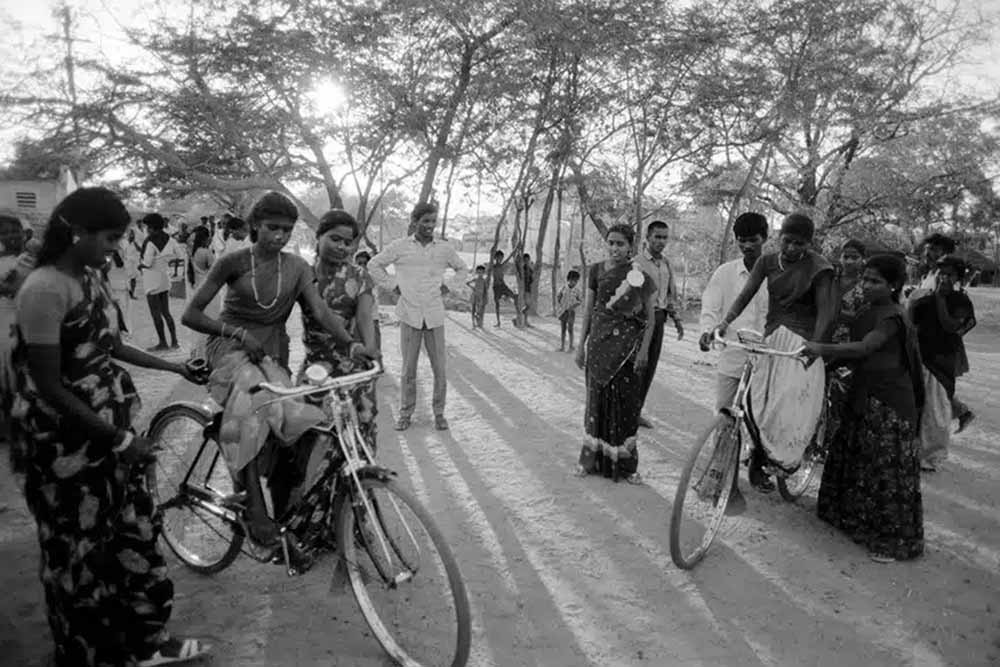
Beyond the bustling urban centres, the transformative power of the bicycle reached even the most marginalised communities. In the 1990s, Pudukottai district in Tamil Nadu emerged as a beacon of hope, where marginalised women embraced cycling as a means of empowerment and education.
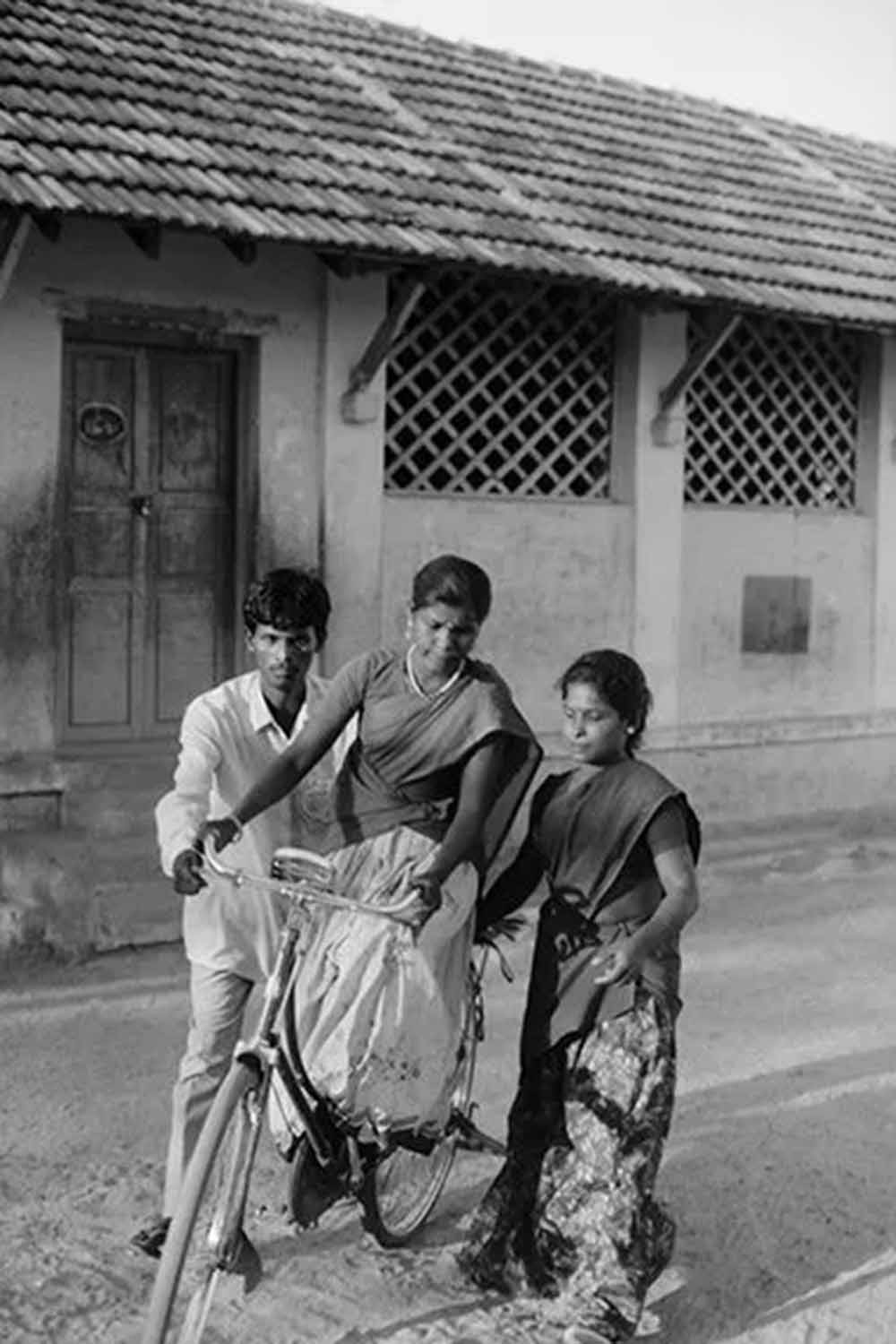
Initiatives like Cycle Yojana and Rural Women Empowerment provided the necessary support and infrastructure, enabling women to break free from the constraints of tradition and embrace a newfound sense of freedom on two wheels. With every pedal stroke, they defied expectations, shattered stereotypes, and paved the way for a brighter, more inclusive future for women in India.
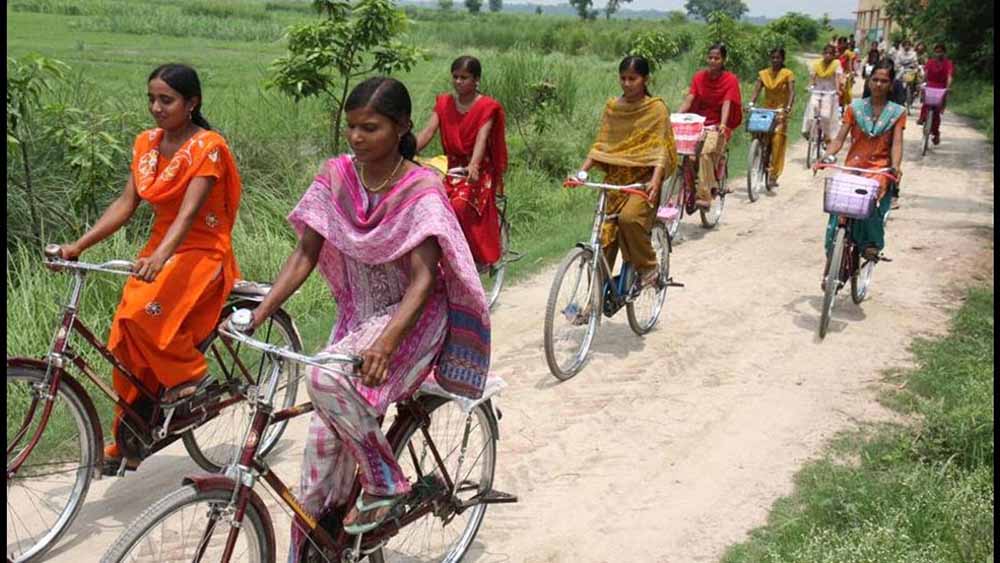
As we look towards the future, let us continue to champion the rights and opportunities of women, ensuring that every individual has the freedom to ride towards their own destiny, one pedal at a time.